Have you been thinking about how much does a CPU weigh? Are you curious about the weight of computer hardware additives? This article explores everything you need to know about it.
The weight of a CPU varies depending on the specific model and producer. However, on average, a standard desktop CPU weighs around 50 to 100 grams (1.8 to 3.5 ounces). To know more, keep on reading.
Understanding the weight of PC components holds significant importance in numerous factors. It aids in figuring out portability, compatibility with mounting answers, and universal gadget weight management. This article mainly focuses on the burden of the crucial processing unit (CPU), dropping mild on its impact and considerations in computer design and utilization. Let us read on to know more about how much a CPU weighs.
Table of Contents
Why Does CPU Weight Matter?
The weight of the CPU plays an essential function in numerous computing factors. Firstly, it holds importance in phrases of delivery and coping, even if the CPU is dead and is destined for a junkyard.
When CPUs are manufactured and distributed, their weight influences delivery charges, packaging necessities, and average logistics. Manufacturers and stores want to consider the burden of CPUs to ensure green and price-powerful transportation.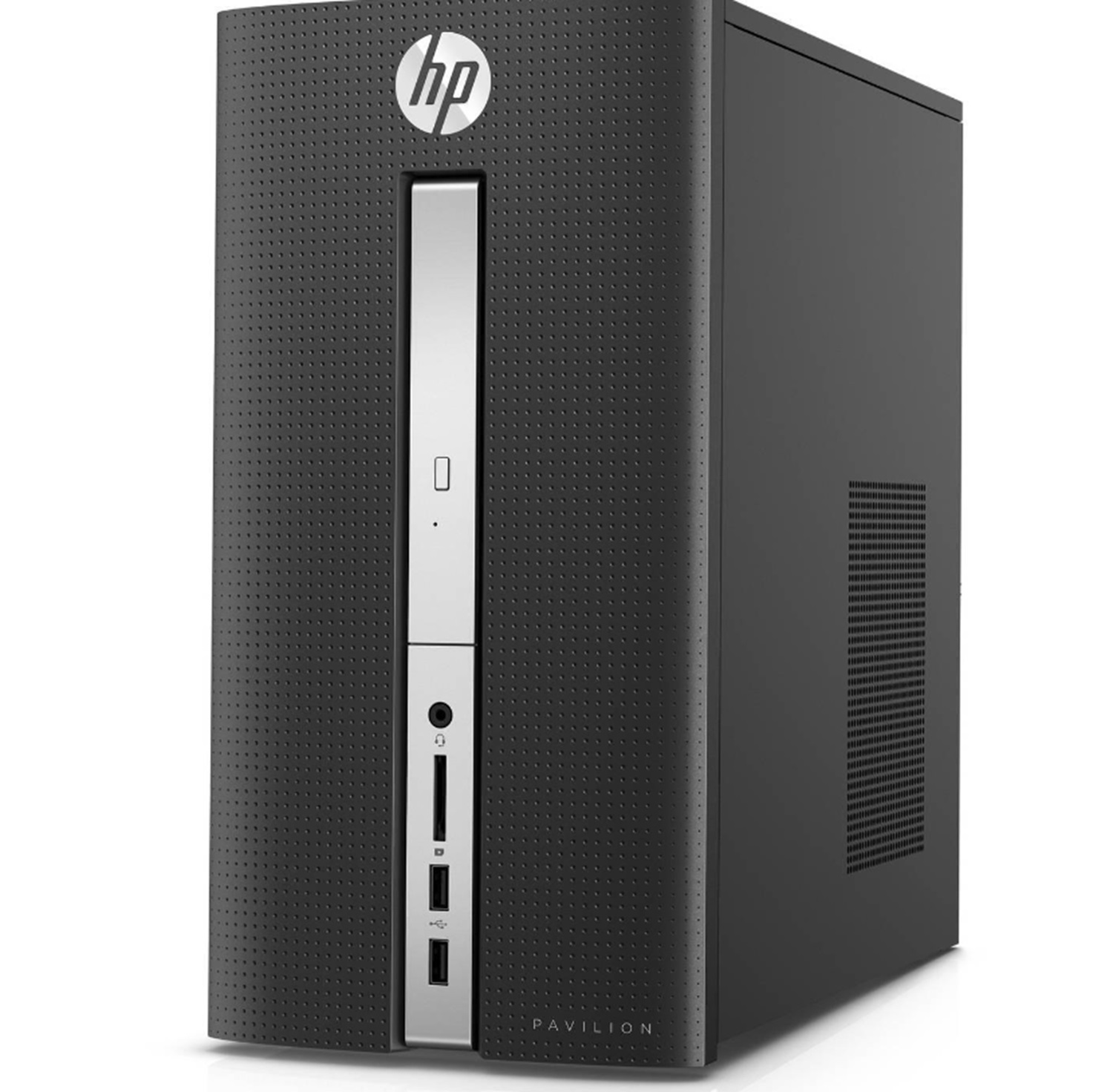
Furthermore, CPU weight is applicable in CPU builds for PC and weight distribution. The burden of man or woman additives and the CPU must be considered when assembling a laptop. This is essential for those who prioritize portability or have particular weight boundaries. A heavier CPU can affect the general weight of the gadget, potentially affecting its mobility, ease of shipping, and compatibility with precise mounting solutions.
Additionally, weight distribution inside a computer chassis is critical for stability and heat dissipation. A disproportionately heavy CPU can stress the motherboard and different components, potentially leading to performance problems or premature wear and tear.
Considering these elements, knowledge and punctiliously thinking about the weight of the CPU is vital for efficient transport, foremost, PC builds, and maintaining the machine’s general balance and overall performance. Let’s learn more about how much does a cpu weigh
See Also: How To Tell If Your CPU Is Dying? Complete Guide
Factors Influencing CPU Weight
Several key factors affect the weight of CPU. One such issue is the material composition. Different substances used in the creation of CPUs, such as silicon, metals, and ceramics, have various densities, directly affecting the CPU’s weight.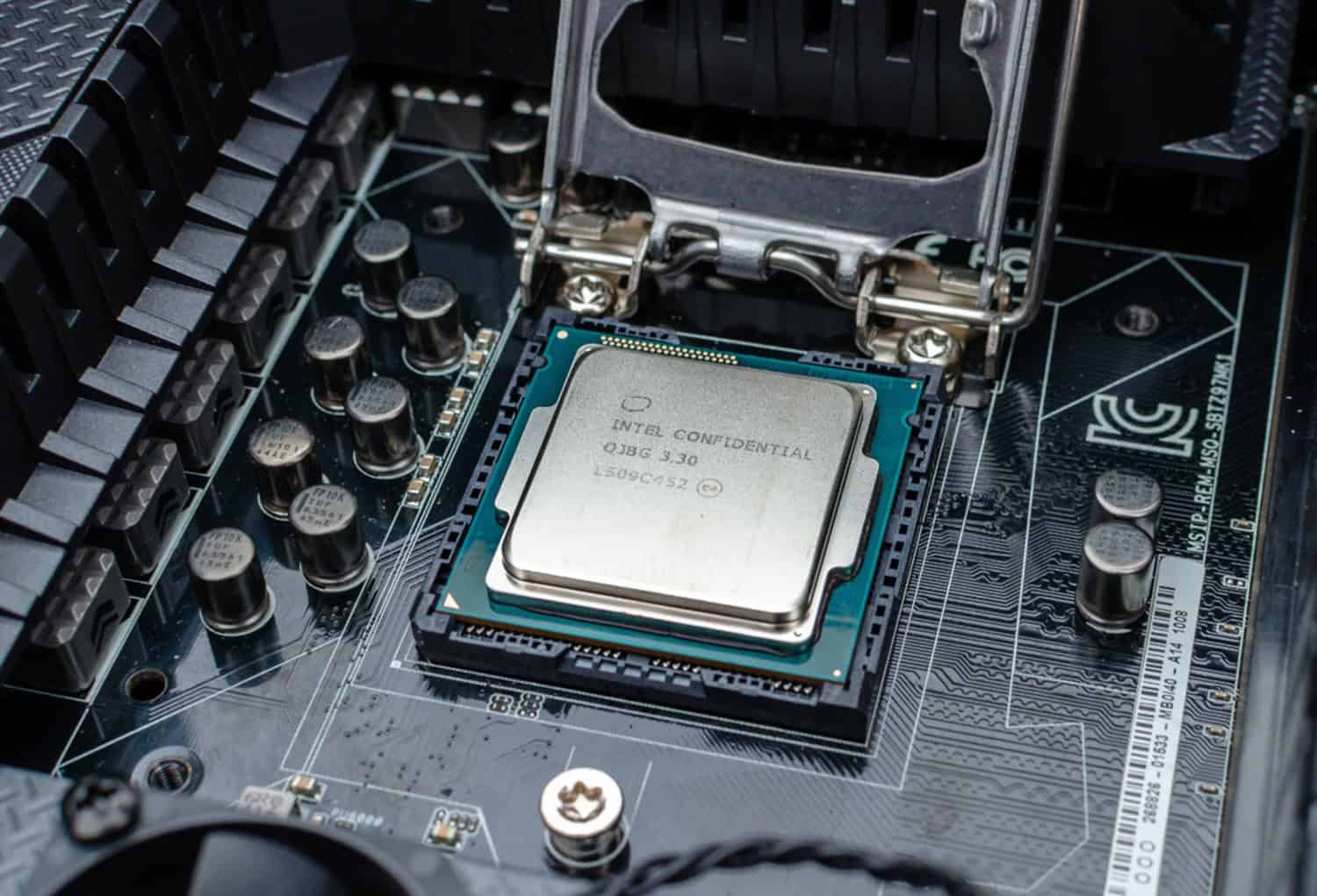
The size and structure of the CPU also play a position. Generally, large CPUs with more complex architectures tend to be heavier because of the extended number of transistors, interconnects, and other additives incorporated into their layout.
Furthermore, extra components like integrated warmth spreaders used to maintain a safe CPU temperature can contribute to the overall weight of the CPU. Heat spreaders are frequently made from metals, inclusive of copper or aluminium. These warmth spreaders add weight but are essential for keeping operating temperatures most beneficial.
Those elements, the cloth composition, length, structure, and the inclusion of additional components like heat spreaders, all impact the weight of a CPU. Manufacturers cautiously stabilize these elements to satisfy overall performance necessities while dealing with the burden of the aspect. Now let us head on to know more about how much does a motherboard weigh.
See Also: CPU Temperature Monitor Software | List Of 18 Best
Average Weight of a CPU
The weight of present-day CPUs can vary depending on different factors, together with their length, structure, and extra additives. However, there’s a preferred weight variety that may be located across distinct fashions.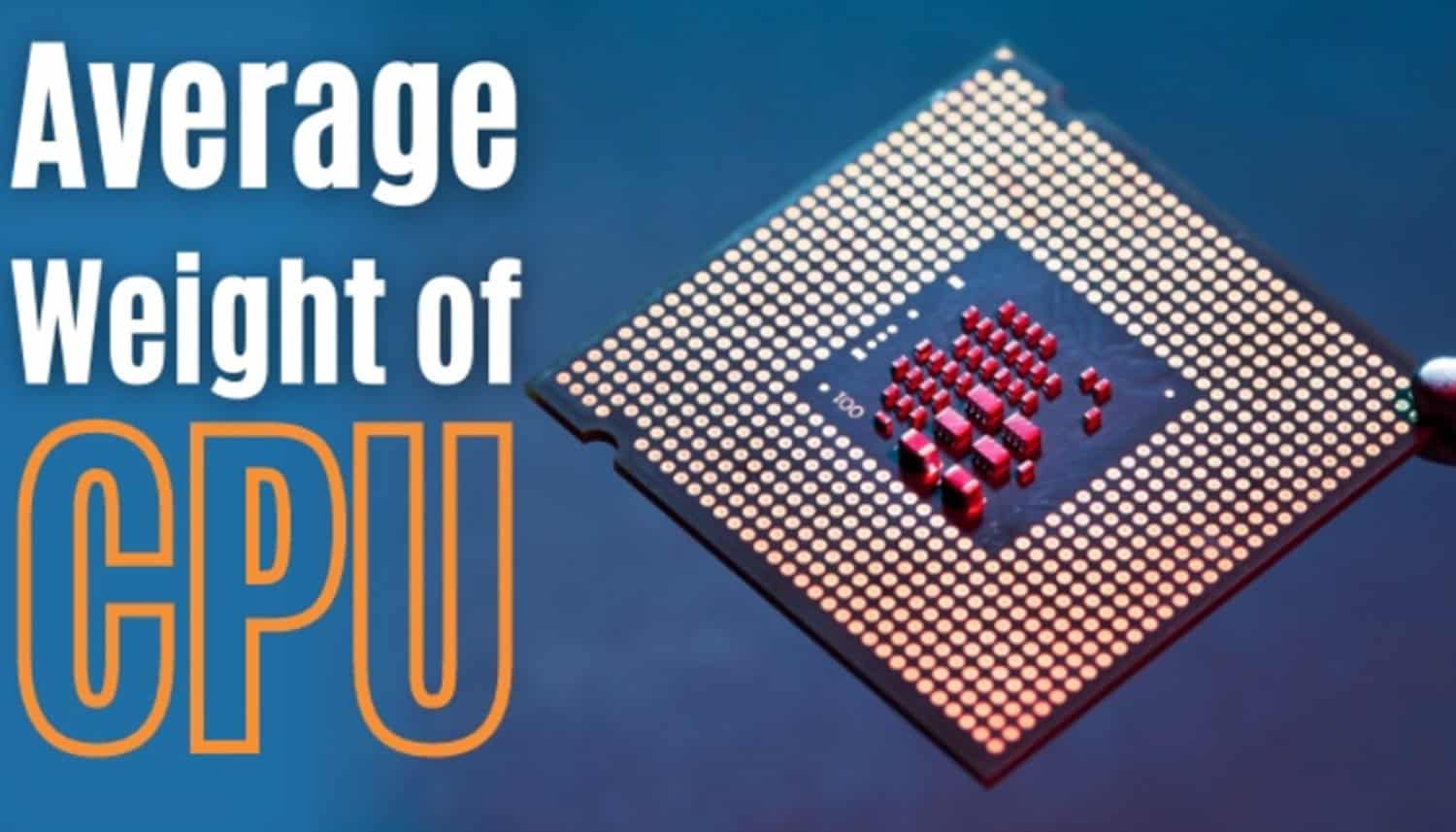
On common, modern CPUs weigh around 2.1 ounces or 59.5 grams. This weight variety applies to diverse CPUs within the market, including those designed for desktop computers, laptops, and servers. It is vital to observe that this average weight consists of the CPU bundle and any incorporated warmness spreaders that may be present.
It is worth mentioning that there can be variations in the weight of CPUs from different producers and inside different product strains. Some CPUs may be slightly lighter, specifically the ones designed for low-power and mobile devices, whilst excessive-performance server-grade CPUs may be barely heavier due to their considerable length and more extraordinarily complicated architecture.
Overall, the average weight of a CPU is about 2.1 ounces or 59.5 grams, imparting a baseline for expertise in the burden characteristics of those essential computer additives. Let’s learn more about how much does a cpu weigh.
See Also: 12 Best Free Online CPU Stress Test Software [Updated]
Here is a table showcasing how much does a CPU weigh:
| CPU Model | Weight (grams) |
|---|---|
| Intel Core i5-2500 | 82 |
| Intel Core i5-6600K | 95 |
| AMD Ryzen 9 3900X | 120 |
| Intel Core i7-9700K | 95 |
The weights in the table are approximate and might vary slightly depending on the unique version and variations inside the product line. Observing that those weights represent the CPU bundle and any included heat spreaders covered is vital.
The Intel Core i5-2500 weighs about 82 grams, making it one of the lighter CPUs on the list. The Intel Core i5-6600K and the Intel Core i7-9700K have similar weights, each around 95 grams. These CPUs are usually utilized in mid-range and gaming-orientated structures.
Conversely, the AMD Ryzen nine 3900X is a high-performance CPU with a slightly higher weight of approximately one hundred twenty grams. This CPU is understood for its multi-threading abilities and is regularly selected for traumatic tasks, which include video modification and content material creation. 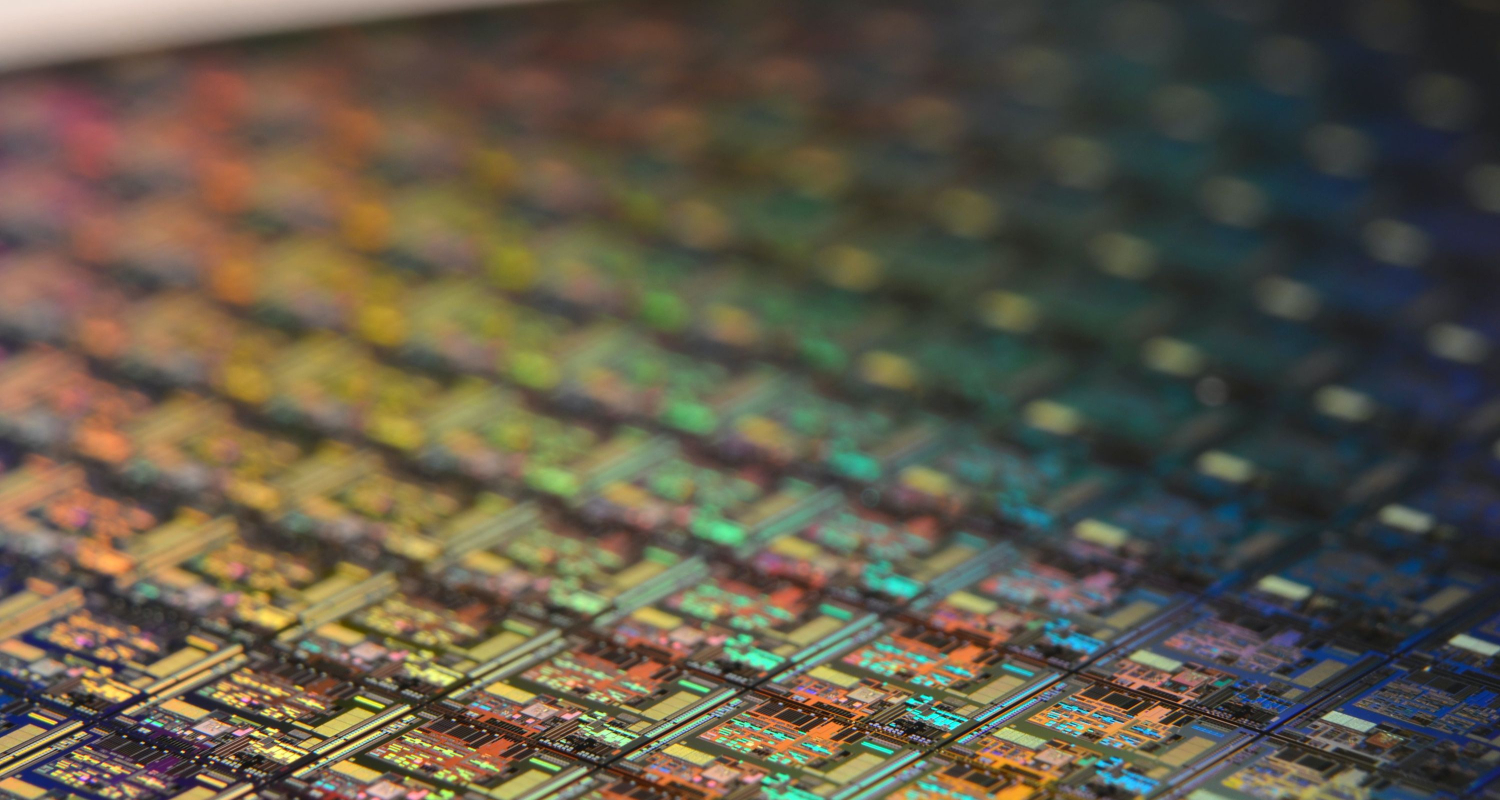 It is essential to remember those weight differences when choosing a CPU for a particular use case, particularly in eventualities where weight and portability are crucial elements. Remember that the CPU’s weight is one thing to recollect, along with other performance and compatibility elements, when making a shopping decision. So this is all about how much does a CPU weigh.
It is essential to remember those weight differences when choosing a CPU for a particular use case, particularly in eventualities where weight and portability are crucial elements. Remember that the CPU’s weight is one thing to recollect, along with other performance and compatibility elements, when making a shopping decision. So this is all about how much does a CPU weigh.
See Also: How Much Does CPU Affect FPS? 8 Impactful Insights For Gamers
How CPU Weight Compares to Other PC Components
When thinking about the weight of a CPU, it is helpful to compare it to the weights of other additives generally determining the CPU Package. Here is a quick review of the weights of various PC components:
GPU (Graphics Processing Unit)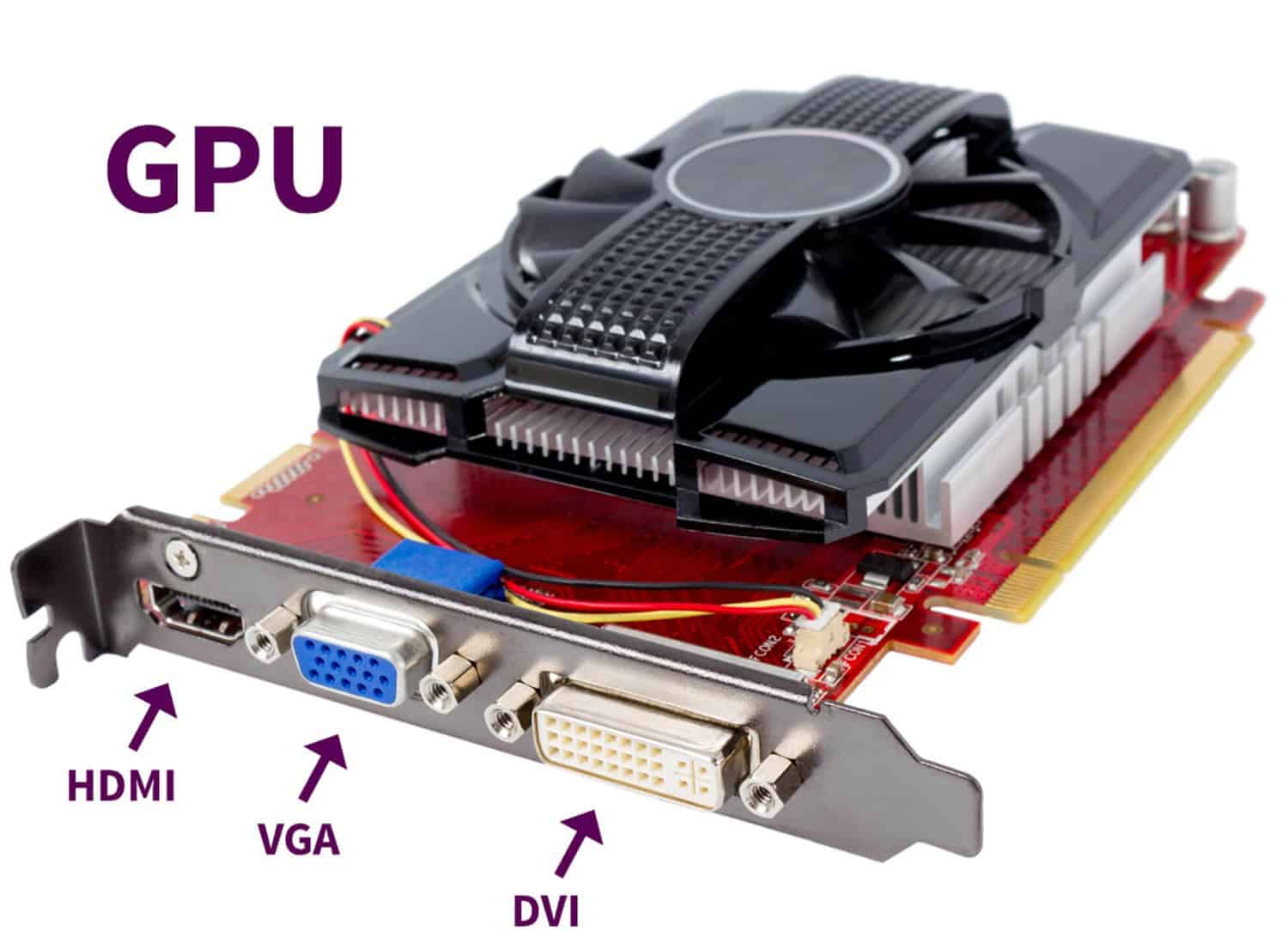
The weight of a GPU can vary depending on the version and cooling solution. On average, a mid-variety GPU weighs around 500 grams to at least one kilogram.
Motherboard
Motherboards generally weigh between 500 grams and a pair of kilograms, depending on the shape issue and capabilities.  Larger motherboards, consisting of the ones for gaming or computing device systems, tend to be heavier.
Larger motherboards, consisting of the ones for gaming or computing device systems, tend to be heavier.
See Also: Best 6 Computer Repair Tools to Fix Issues |You Must Have
RAM (Random Access Memory)
RAM modules are noticeably lightweight. Each RAM stick generally weighs around 30 to 50 grams. 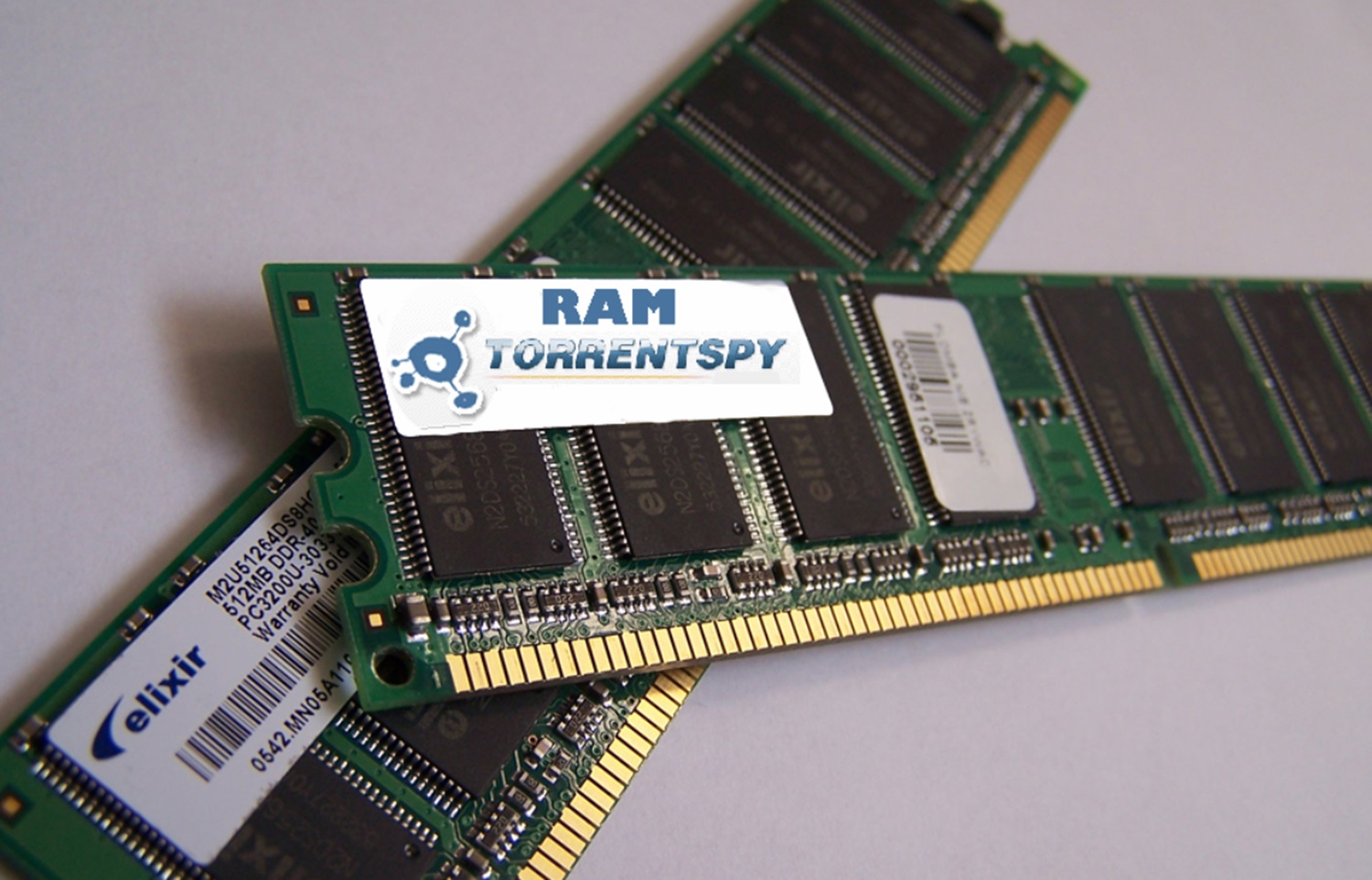 However, the total RAM weight in a machine can grow depending on the wide variety of modules installed. Also, You can look for some of the best ram cleaner softwares here.
However, the total RAM weight in a machine can grow depending on the wide variety of modules installed. Also, You can look for some of the best ram cleaner softwares here.
Power Supply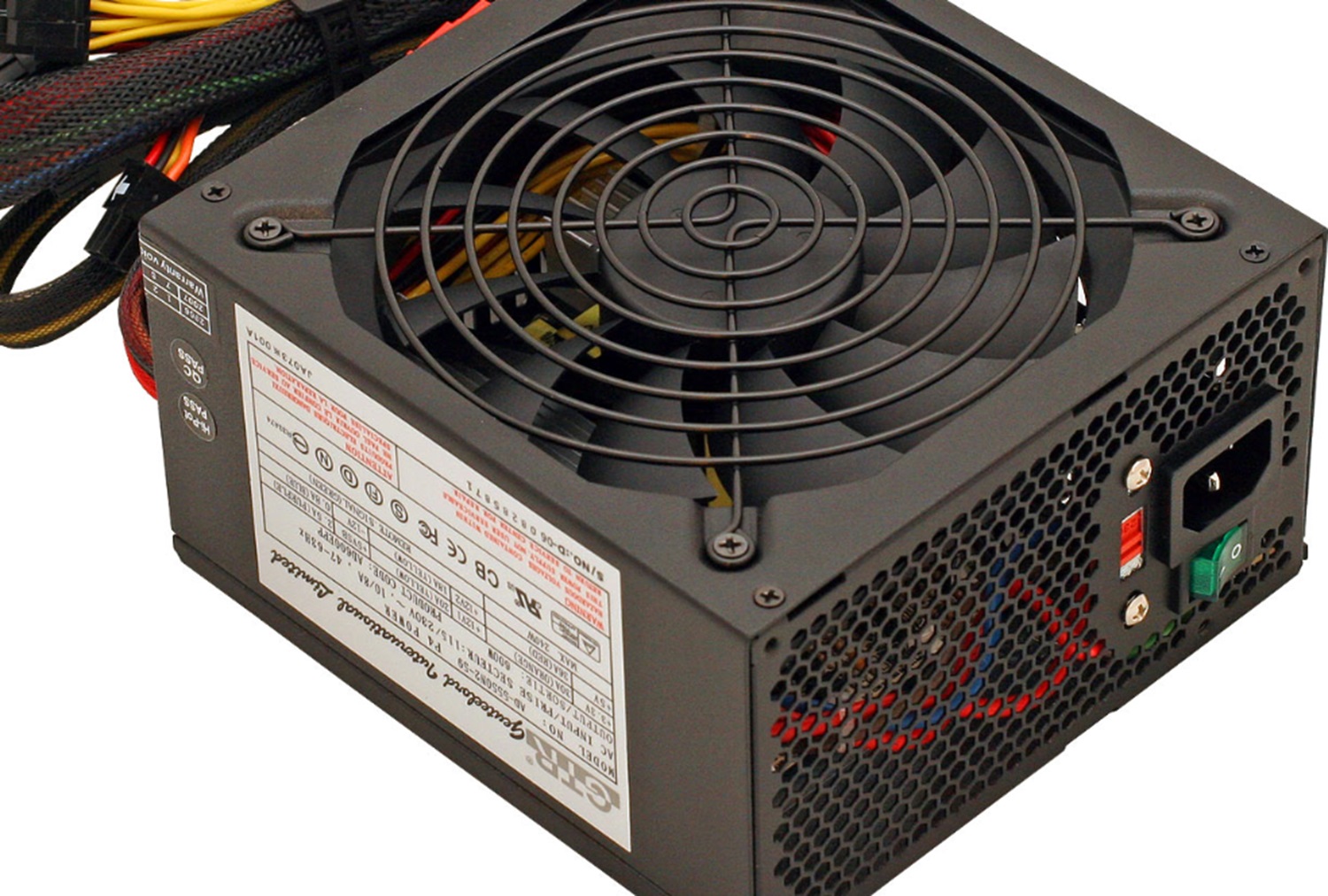
A power supply unit (PSU) weight can range notably depending on its wattage and efficiency rating. In common, PSUs weigh between 1.5 to 3 kilograms.
Hard Drive
Traditional mechanical difficult drives are heavy because of their moving components.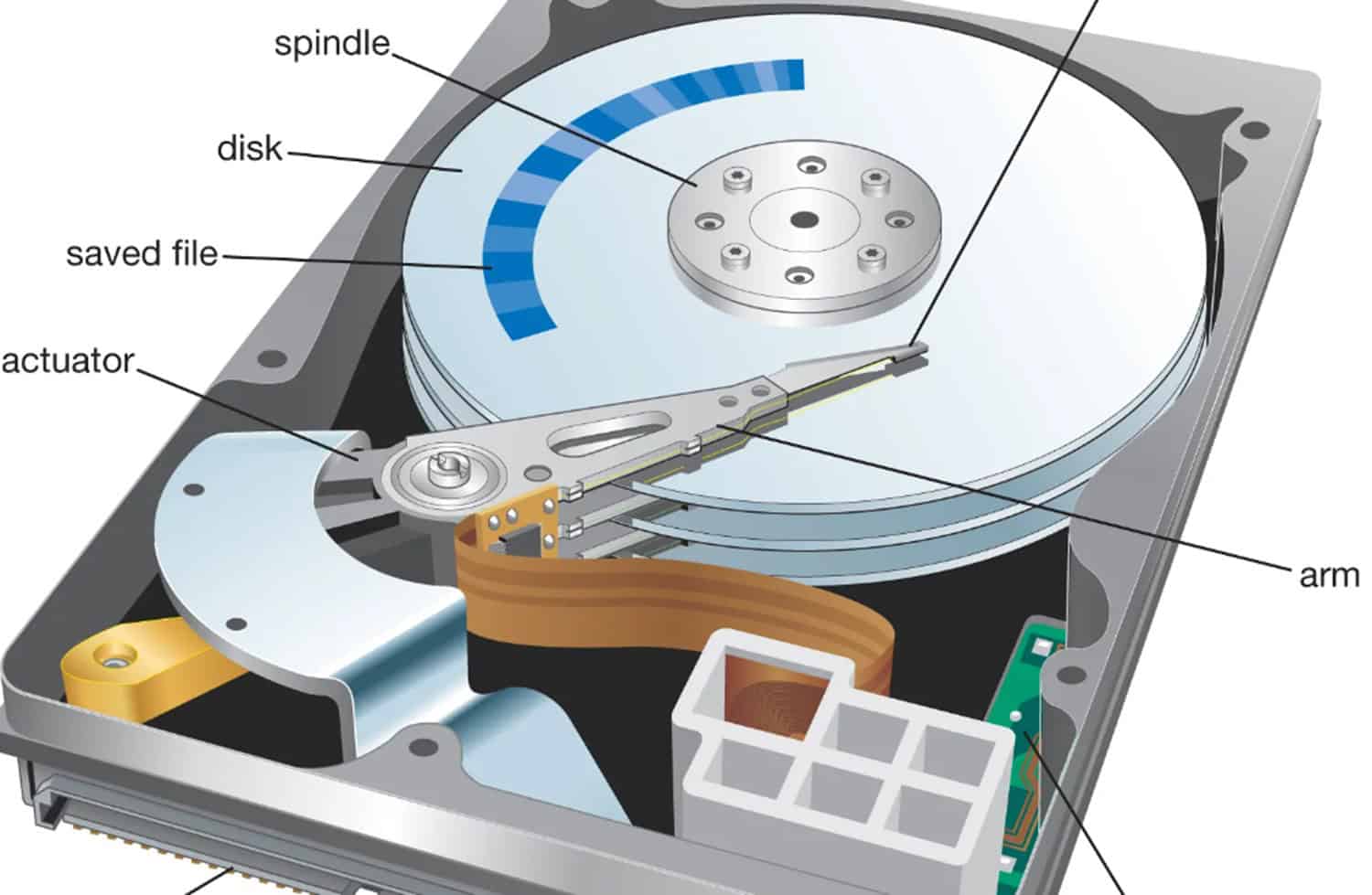 A standard 3.5-inch hard drive can weigh around 400 to 800 grams, while smaller 2.5-inch laptop hard drives weigh about 100 to 200 grams.
A standard 3.5-inch hard drive can weigh around 400 to 800 grams, while smaller 2.5-inch laptop hard drives weigh about 100 to 200 grams.
The total weight of your CPU is directly impacted by how many hard drives the CPU houses. Adding each hard drive introduces extra physical weight, influencing the overall heaviness of the computer.
See Also: CPU Temperature Monitor Software | List Of 18 Best
SSD (Solid-State Drive)
SSDs have no moving elements and are much lighter than mechanical hard drives. Generally, an SSD weighs between 50 to 100 grams, depending on the capacity and form factor.
Generally, an SSD weighs between 50 to 100 grams, depending on the capacity and form factor.
PC Case
The weight of a PC case can range extensively depending on its length, fabric, and layout. Smaller cases generally weigh around 3 to 6 kilograms, while large cases can weigh 10 kilograms or more.
It is essential to note that these weights are approximate and can vary depending on the unique fashions and configurations of the additives. When building or upgrading a PC, considering the collective importance of all additives is essential to ensure the right weight distribution, portability, and compatibility with mounting solutions or instances. So this is all about how much does a desktop computer weigh.
FAQs
Does the weight of a CPU affect its performance?
No, the burden of a CPU does not immediately affect its overall performance. The overall performance of a CPU is determined by its architecture, clock pace, quantity of cores, cache length, and other technical specifications.
Do different CPU generations have different weights?
While there may be mild versions, the weight of CPUs within the same generation is generally constant. However, improvements in production generation can cause lighter CPUs in more recent generations.
Are high-overall performance CPUs heavier?
Not necessarily. The weight of a CPU is, in most cases, decided by its physical length and substances used as opposed to its overall performance abilities. High-overall performance CPUs may be similar in weight to lower-overall performance ones.
Is the CPU cooler covered inside the weight dimension?
No, the weight of a CPU typically refers back to the weight of the processor itself and does not include extra additives together with the CPU cooler or warmth sink.
Conclusion
Understanding the weight of a CPU and other PC components is crucial for numerous reasons. It influences portability, weight distribution, shipping fees, and universal device stability. When making plans for PC builds or shipments, it’s miles extraordinarily endorsed to consider the components’ burden to make the best overall performance, ease of transport, and price performance. We hope this article on how much does a CPU weigh has helped you know everything about it.


